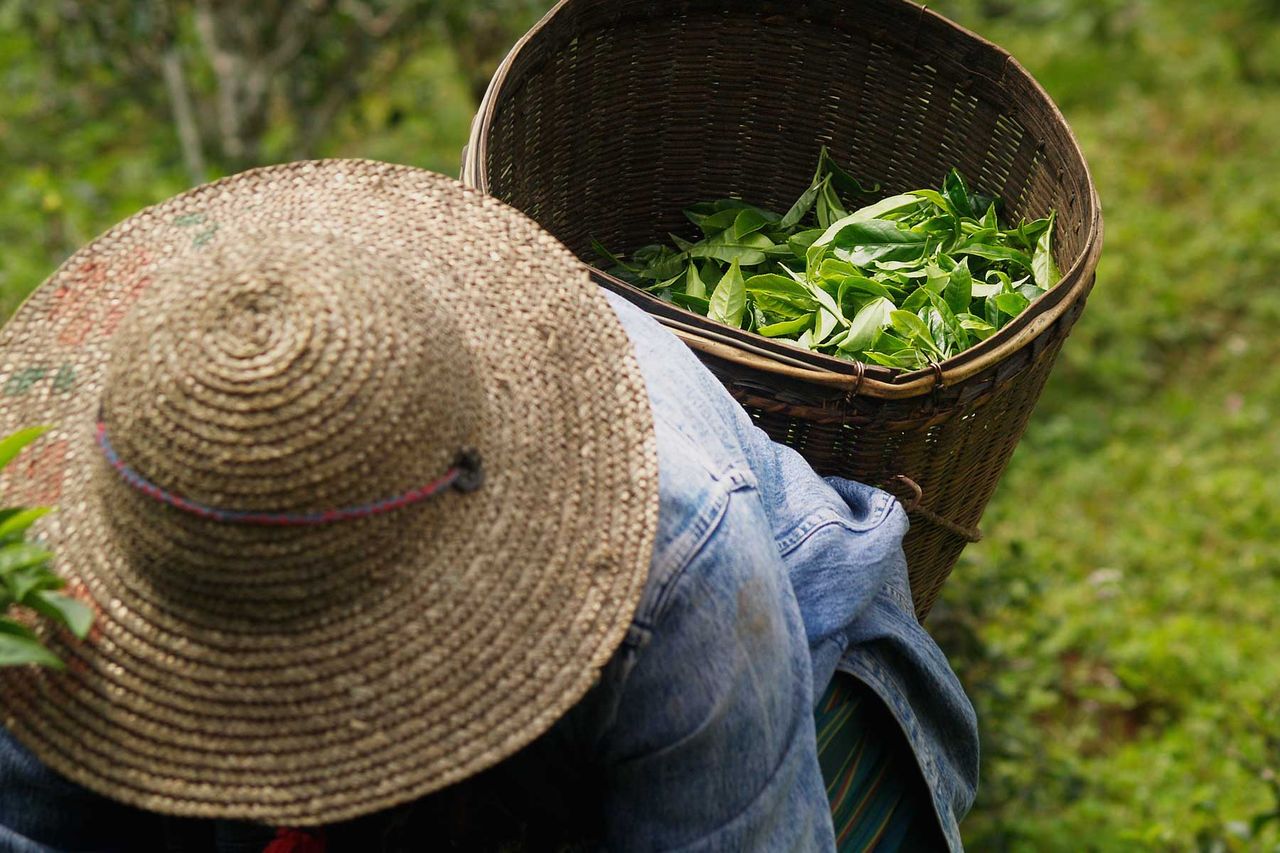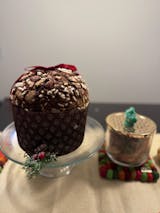The first we tried it at Sorate was delicious. It has peach scattered around the edge but this year it has raisin and almond and a bit sweeter . We loved the first version much better ;))
I truly enjoyed this little tea house. The ambience and decor are lovely. The products are high quality and the service was efficient and friendly.






